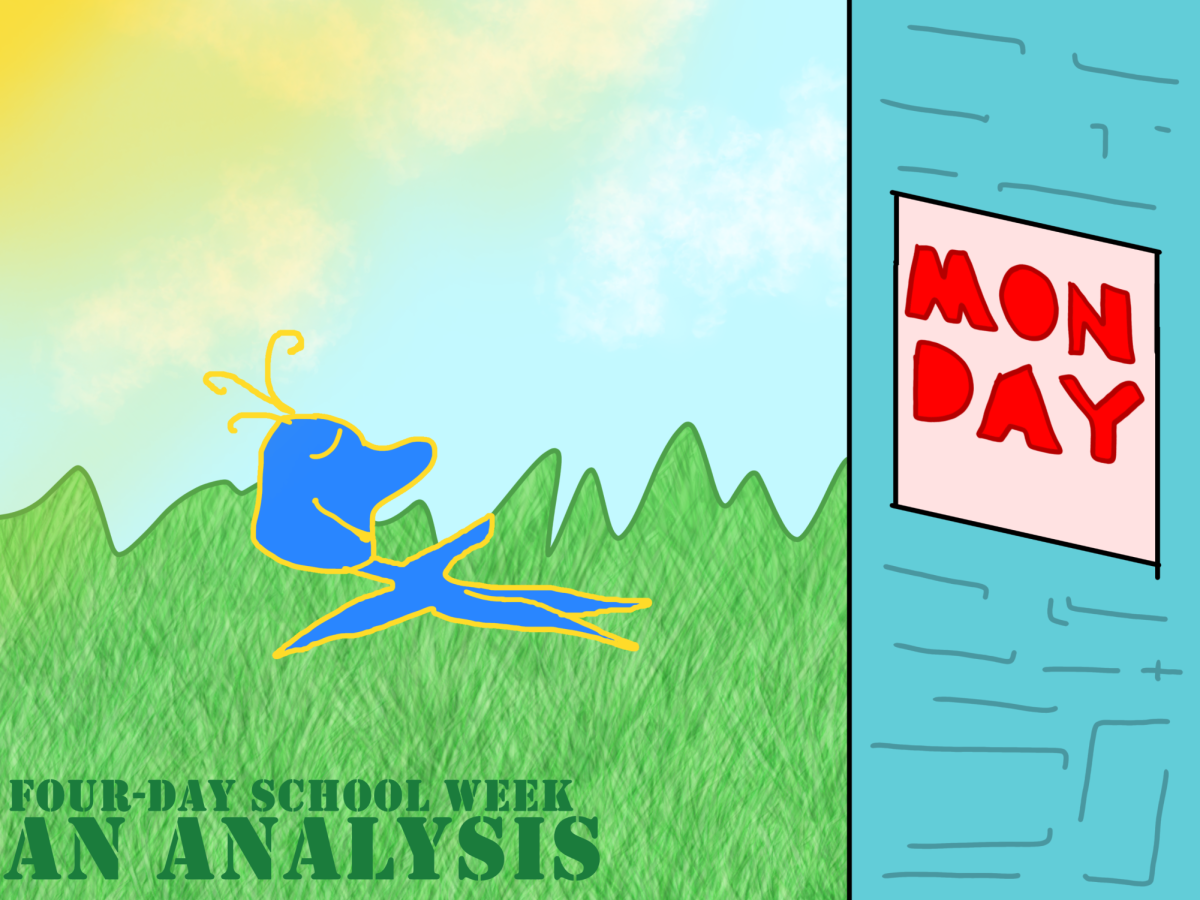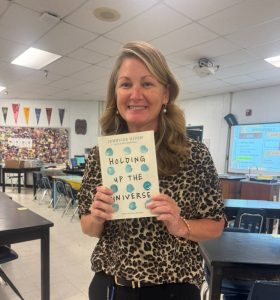Is It Time to Boycott Black Friday?
The Real Concerns with Feeding Into the Black Friday Madness

Black Friday Meme.
December 1, 2022
On Friday, Nov. 25, the biggest shopping event of the year was afoot in full form. In the days prior, mailboxes, emails, texts, and social media were bombarded with promotional ads for this very event: Black Friday.
Followed closely by Cyber Monday, the day succeeding Thanksgiving is one of early holiday deals and hefty discounts on nearly any purchasable product. First mentioned back in 1960s Philadelphia, the term “Black Friday” was coined after traffic police officers conversed slangily about the large crowds rushing to stores on such date to start their Christmas shopping. This is in contrast to popular beliefs that the term “black” in Black Friday is linked to ‘showing a profit; not showing any losses,” as it’s defined on Dictionary.com.
That being said, the losses society has experienced in correlation with the holiday’s extensive growth over the past few decades are many and major. This year in particular, the practice of rising at dawn and viciously rushing round town to shop seems to have enhanced concerns applicable to all. With the acute economic downturn and inflation our nation has faced, Black Friday is threatening to “disrupt consumer spending this holiday shopping season.” Furthermore, with the fashion industry taking a negative turn towards pollutive practices, the overconsumption involved within these few days is bound to rise exponentially.
Global fast-fashion brands like Shein are known for their dirt-cheap prices and poor quality. They have millions of trendy items available, with new variations being released daily, but despite being in-tune with fad culture, their relationship with the environment is deeply concerning.
With bold marketing and unbelievably low costs, companies are incentivizing individuals to buy in bulk rather than quality and longevity. They are pushing consumerism to its extremes by telling us we need more unnecessary, unwanted, cheap goods made from unsustainable materials that in little time, will need a replacement.
The statistics surrounding online shopping and its correlation to environmental downfall are astounding. Black Friday 2021 in the United Kingdom alone was expected to emit 386,243 tonnes of greenhouse gas emissions, the same weight as 3,679 blue whales! With more products flying off the shelves, restocks are required on a rapidly regular basis. Trucks and other forms of transport for these goods often run on diesel, an extremely harmful substance to our atmosphere and its inhabitants. For reference, in 2017, a diesel truck left an Amazon fulfillment center around every 93 seconds. Each one of those trucks traveled miles upon miles, burning gallon upon gallon of liquid fuel. It was an environmentalist’s worst nightmare.
Within the past decade or so, many companies have put effort towards creating a more environmentally friendly method of production, packaging, and transportation.
“There’s an increasing amount of greenwashing around these sales, but the overconsumption encouraged during this time can never truly be sustainable,” ‘Good On You’ journalist Solene Rauturier explained.
Even though a package may arrive delicately wrapped in recyclable material, it still had to make the trip there. It was likely produced in a factory, by a machine, running on indisposable fuel. The reusable bag that replaced a previously plastic layer did not solve the problem at hand, despite what companies may promise. That is the simple, yet sad, truth of commercialism today.
Beyond concerns ironically orbiting our Earth’s health and wellbeing, Black Friday has an overwhelmingly immense social impact. With the large-scale production of this holiday weekend, businesses can get away with paying meager stipends, depriving workers of access to a living wage and safe working conditions, and ultimately trapping them in an inhumane cycle. This may sound as a bit of economic dramatics and antics, but the pattern is prevalent even in the smallest of towns.
For senior class president and American Eagle employee Timothy Woods, having an 8-hour shift on Black Friday left him exhausted and frustrated with the societal expectations for high-school aged workers like himself.
Woods is not alone in his anger. Last year, Amazon workers across the globe threatened to go on strike during their Black Friday hours to demand improved pay and workplace conditions. From register workers to those restocking shelves or managing customer service, employees are fed up with the outrageous crowds that threaten to overrun the stores this particular Friday.
In concern of the holiday shoppers, both online and in-store, Black Friday can pressure individuals into irresponsibly purchasing goods, simply with the incentive of a discount. It is human nature to desire certain products, or realize one needs an item to more easily function on a day-to-day basis. That being said, it is effortless to become materialistic and link one’s happiness to the things they own; to think that by buying things, one will feel better about themselves, fit in, and feel respected by their peers. Most do not even realize they have fallen into this deep ditch of commercialism, for it is completely subconscious and dependent on contributing societal factors.
It is important to realize that the culture of overconsumption perpetuated by Black Friday sales is not all just hot deals and steals. Consumers have the power to push for change within the market, but only with certain sacrifice. Before deciding to shop, stop, think, and evaluate what’s lying in the basket of your cart. Did you grab it out of necessity, or because of its 50% off label?

















Timothy Woods • Dec 5, 2022 at 10:42 am
Yes